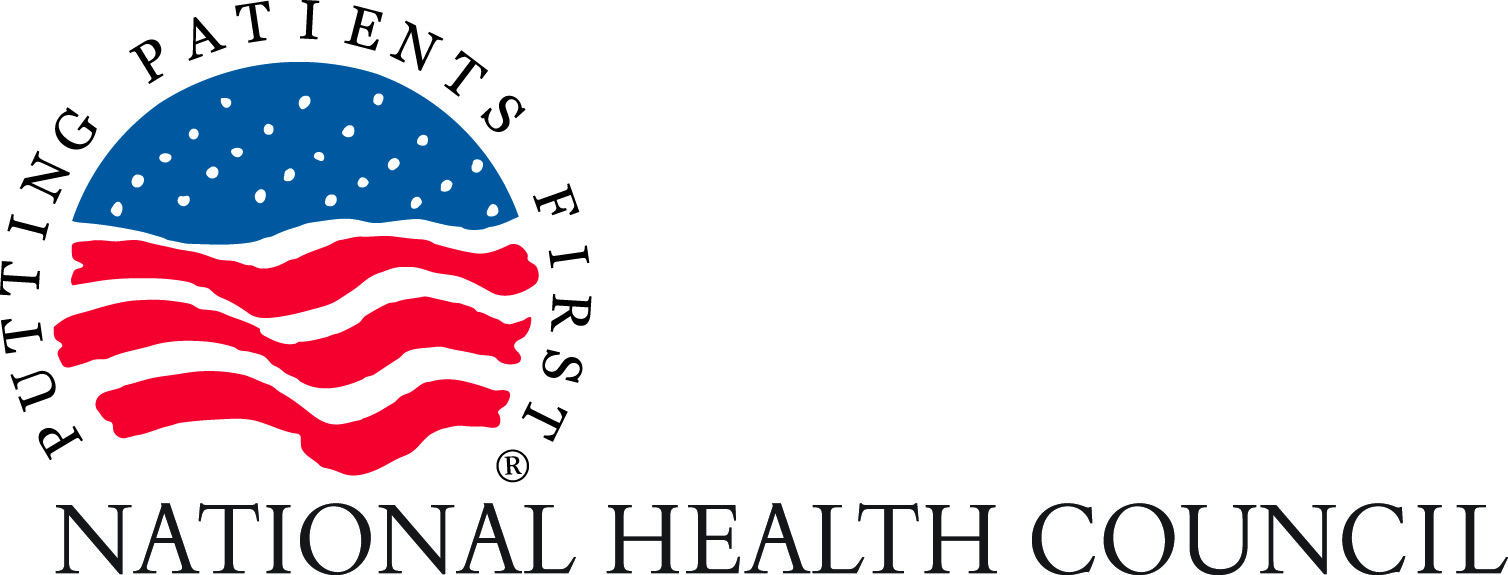CMS Releases Final Marketplace Rule for 2020
05/06/2019
By Madison Mason, Policy Associate, National Health Council
The Centers for Medicare and Medicaid Services (CMS) recently published its final rule for the 2020 Notice of Benefit and Payment Parameters (NBPP). In the rule, CMS accepted some of the recommendations made by the National Health Council (NHC) but rejected others.
The NBPP annually proposes regulatory and financial parameters applicable to qualified health plans (QHPs); plans in the individual, small group and large group markets; and self-funded group health plans. These changes affect core provisions of the Affordable Care Act (ACA), including the operation of marketplace, benefit standards for health plans, and premium stabilization programs.
CMS agreed with the following NHC recommendations:
- CMS will continue to allow silver loading for 2020.
- Due to the many concerns about “therapeutic substitutions” between different products in the same class brought up by the NHC and other organizations, CMS will not finalize a policy allowing this type of substitution.
- CMS will finalize its proposal on increasing access to Medicare-Assisted Treatment (MAT) for opioid use disorder. Since MAT “has been proven to be clinically effective in treating opioid use disorder and to significantly reduce the need for inpatient detoxification services for individuals with opioid use disorder,” the NHC supports the efforts of CMS to increase the access of MAT for individuals with opioid use disorder.
- CMS partially agreed with the following NHC recommendations:
- CMS is finalizing its proposal to exclude direct manufacturer cost-sharing support from annual out-of-pocket limits when offered for a brand product that has direct generic competition. The NHC appreciated CMS’ targeted approach to limiting the use of manufacturer coupons and recommended specific patient safeguards if this proposal were to move forward.
CMS complied with the following recommendations urged by the NHC:
- CMS will limit its scrutiny of manufacturer assistance to instances where the copayment support is connected to a specific, brand-product, and generic substitution is appropriate for the specific patient. Further, CMS offered clarity assistance for brand products that do not have a generic alternative will not be included in this policy;
- CMS will ensure that patients have an opportunity to appeal the issuer’s determination to exclude manufacturer support from out-of-pocket limit calculations; and
- CMS will refrain from expanding this proposal to charitable assistance.
However, CMS disregarded the following suggestions:
- Only apply this policy when a generic is available on the formulary on a lower cost-sharing tier than the branded product;
- Require the issuer to inform the enrollee in advance that copayment assistance will be excluded from calculations toward annual out-of-pocket limits; and
- Exclude therapeutic classes where there is a documented variability in patient response to different versions of a generic drug.
CMS will not finalize a proposal to allow issuer formulary changes during the plan year when a generic equivalent becomes available. The NHC had supported the intent but raised concerns about implementation, offering specific patient protections. CMS agreed that there would be significant challenges with this proposal, thus are not moving forward with it in 2020.
CMS did not accept the following NHC recommendations:
- The NHC urged CMS to withdraw its proposed changes to the calculation of the PPACA’s ‘Premium Adjustment Factor.’ If the proposal were to move forward, the NHC advised counterbalancing the ‘Premium Adjustment Factor’ with enhanced protections for individuals with chronic diseases and disabilities. CMS disregarded the NHC’s recommendations and finalized changes to the Premium Adjustment Factor.
- The NHC also urged CMS to ensure that requirements for Navigators and web brokers included protections for individuals with disabilities, and that federal oversight is sufficient to ensure Navigator and web broker compliance. CMS failed to address the NHC’s proposal and will continue their current policy regarding Navigators and web brokers.
We appreciate the changes made by CMS on their 2020 NBPP proposal and believe some of the adjustments made will help safeguard Americans, especially those with chronic diseases and disabilities.
Please read our comment letter, which offers far greater detail on each of the provisions made by the NHC on provisions for the 2020 NBPP.

